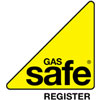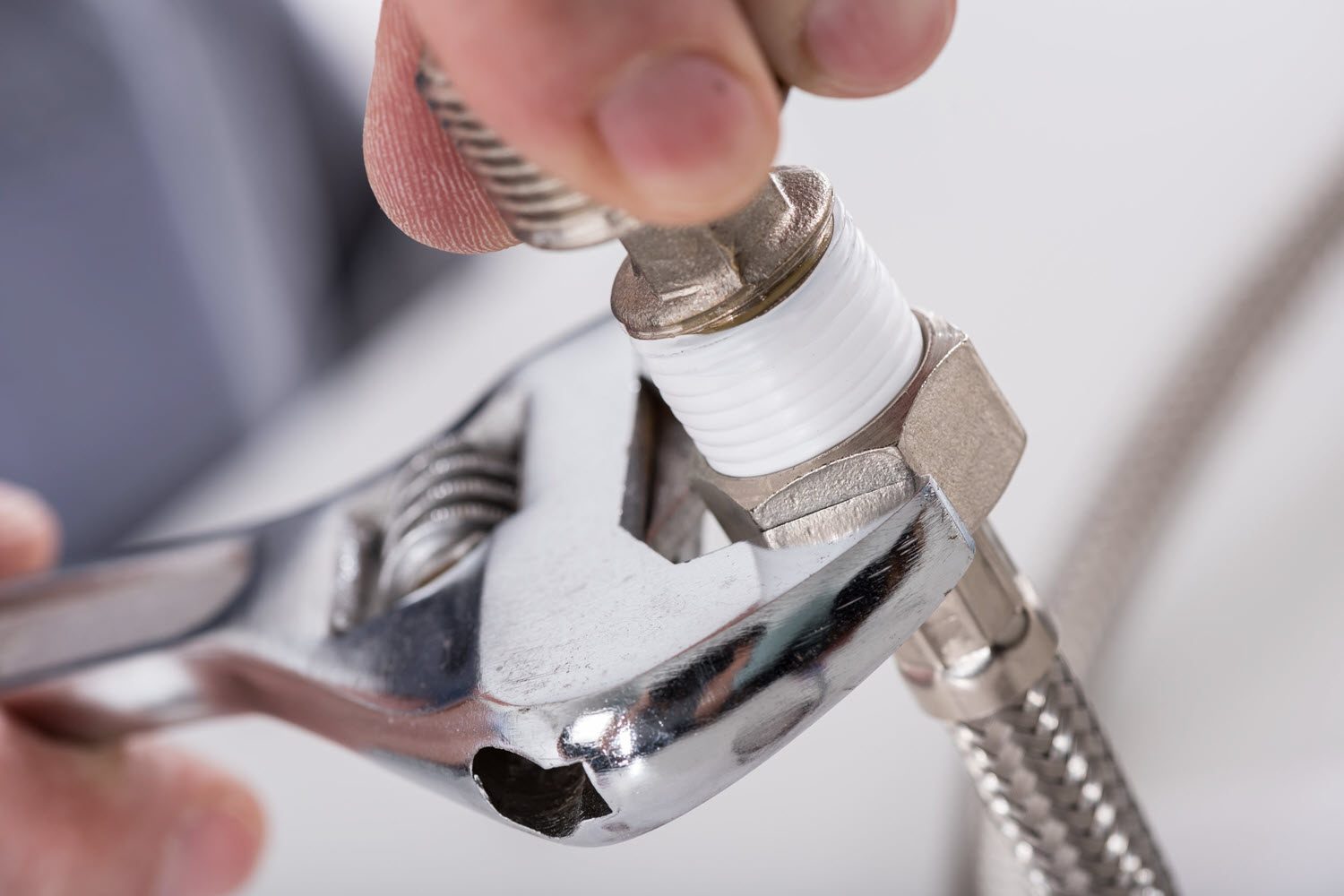A Guide to Fatbergs – From Your Expert Plumber in Crystal Palace
You’ve probably heard of fatbergs. You might’ve seen the recent TV documentary about them. If so it probably made you feel sick. There’s nothing quite so gross and disgusting as a fatberg, and the phenomenon is all our own fault. If you’d like to know more about London’s worst, most revolting and tricky-to-fix sewer issues, here’s what you need to know. Oh, and we’re also going to tell you how to avoid contributing to the problem, too.
What is a fatberg?
Huge lumps of filthy fat keep appearing in the nation’s sewers. What are they? A fatberg is actually a vile, sticky lump of cooking oil, gravy, grease, milk, coffee grounds, cotton buds, salad dressing, tampons, fat, wet wipes and more, to which lots of other horrid things stick, creating something so big and hideous that it actually blocks sewers.
2017 saw a fatberg 250m long, weighing around 130 tonnes, lurking under the streets of Whitechapel, a chunk of which they’ve kept for posterity in the Museum of London. In 2018 800 tonnes of the stuff were taken out of Cardiff’s sewers. And a 64m long monster was discovered in Sidmouth, Devon, not so long ago.
Wet wipes and eating out are the worst culprits
There has been a sharp rise fatbergs during recent years, partly thanks to fast-growing urban populations relying on Victorian sewerage systems, the trend for eating out, and the ongoing fad for wet-wipes.
In our world it seems crazy to throw anything down the loo that won’t degrade properly. But it isn’t consumers’ fault. It’s the wet wipe manufacturers, far too many of whom claim their products are biodegradable when they’re actually nothing of the sort. They don’t degrade, they hang around in the sewers for ages and ultimately cause havoc. It costs £100 million a year to clear Britain’s annual 300,000 or so sewer blockages.
If you think we’re being rather unfair to poor old wet wipes, bear this in mind: a 2017 industry report found 93% of the solid materials in fatbergs were non-flushable wipes, followed closely by condoms and chocolate wrappers. As far as the fat side of things goes, restaurants take the biggest share of the blame simply because they cook so much more food than people do at home. But it’s also a soap thing. An important step in fatberg creation is saponification,where discarded fats actually turn into a kind of soap, a soap that’s really hard and doesn’t dissolve in water. Grim.
It is just a UK thing?
Fatbergs are an international issue. Baltimore in the US, Newcastle in Australia, they’ve both experienced absolute whoppers. But because the capital has such large sewers, which naturally lend themselves to larger fatbergs, that’s what we’re getting. There’s another big issue – apparently food outlets are getting away with a level of pollution that just isn’t acceptable.
Sadly the 1991 UK Water Industry Act, which covers our sewers, doesn’t explicitly mention fats. It just says we shouldn’t chuck any matter likely to injure the sewer or drain, to interfere with the free flow of its contents down the sink or loo. Comparatively few commercial kitchens over here have the equipment necessary to filter out fats, and it’s about time they did.
Eire does a better job
Eire does a lot better. Take Dublin, where waste water from restaurants must legally contain a minimum of fat and oil per litre, and specific targets make it even easier to enforce the rules. Pre-2008, Dublin suffered around 1000 sewer blockages per year. Now it’s less than 100. Britain’s ‘softly-softly’ approach to restaurant hygiene just doesn’t work as well. We have fuzzy legislation, and it needs tightening up if we want to stop the relentless march of the fatbergs.
Fatberg monitoring helps mitigate the issue – And so can you
Some say it’s wise to monitor the sewers to prevent the bergs from growing so big. Others are talking about various low cost early warning systems, things like ultrasonic sensors. Others are experimenting with fibre-optic cables which, as well as providing broadband, will sense the pressure and temperature down there in real time and provide early warning of an impending build up.
Thames Water is busy putting in place more public education campaigns. Its long-running ‘bin it – don’t block it’ campaign says you only need to put two things down the loo – human waste plus loo paper. Everything else, including so-called ‘degradable’ wet wipes, should be put in the bin, including old cooking oil. In an ideal world we’d also stop using wet wipes altogether – a crazy invention – and return to good old loo roll.
If you can’t bear life without your wet wipes, keep an eye on the packaging. Water UK is launching a ‘fine-to-flush’ label which will for the first time properly identify products that really do break down quickly and properly post-flush. In the meantime, if you need help from a reliable, knowledgeable plumber in Crystal Palace, walk this way.




